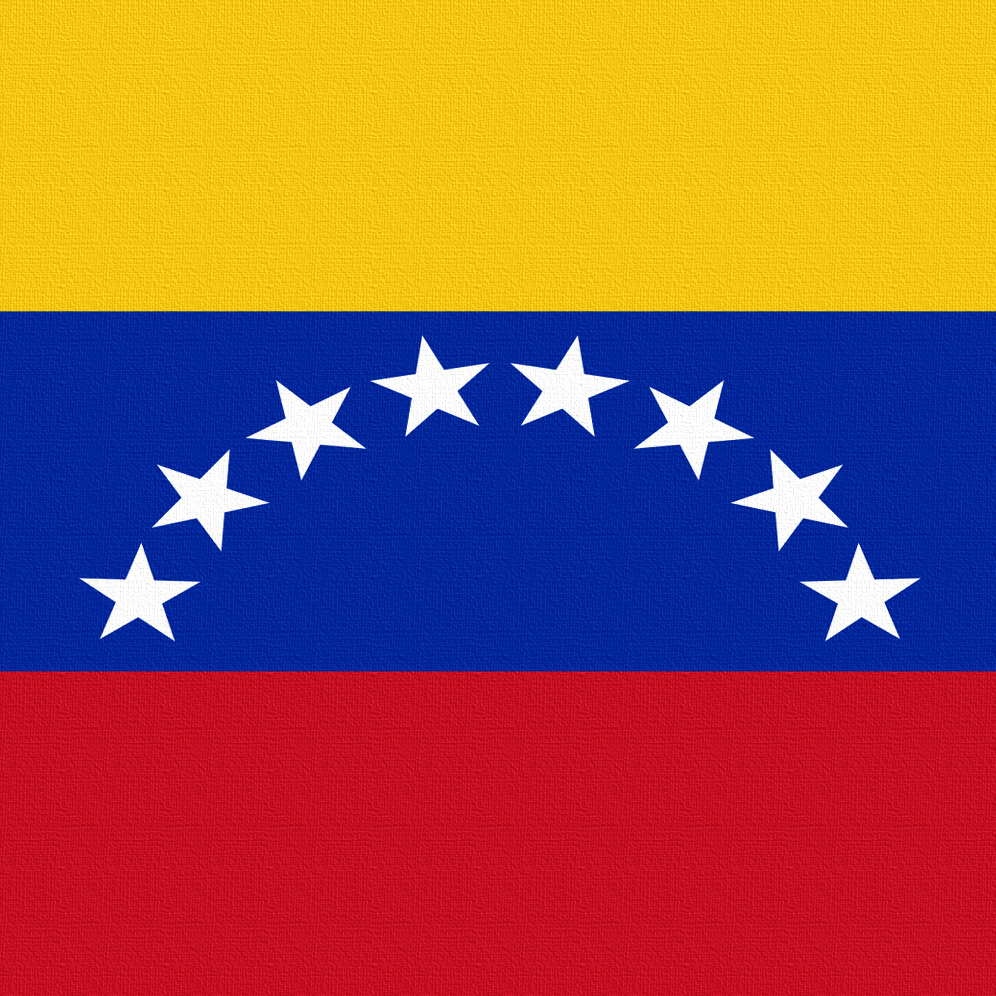Published:
Venezuela’s 2024 crisis, sparked by a disputed election, has deepened the country’s economic collapse, affecting businesses worldwide. While political instability has been a recurring problem in Venezuela for years, the 2024 election—marked by allegations of fraud and unrest—has intensified the country's economic freefall.
Once one of the wealthiest nations in Latin America due to its vast oil reserves, Venezuela has faced a severe economic downturn for over a decade. Poor economic management, international sanctions, and a heavy reliance on oil exports have left the country vulnerable, and the events of its recent election has further crippled the nation's economy.
With inflation soaring and the currency in downturn, businesses are struggling to operate in this unpredictable environment. The crisis has been particularly damaging for companies operating in Venezuela's oil sector, as well as neighboring countries dealing with the massive influx of Venezuelan refugees.
In the 1990s, Venezuela was producing over 3 milllion barrels of oil per day; by 2024, production had fallen to just 700,000 barrels per day, according to OPEC. This sharp decline has sent ripples through the global energy market and severely impacted companies like Chevron, which has long operated in Venezuela. Despite navigating through previous sanctions and economic challenges, Chevron's operations have been diminished, as well. While the company produced around 150,000 barrels of oil per day as recently as 2023, they saw production drop by nearly half in the early months of 2024. Similarly, the Spain energy giant Respol, which has been a key player in Venezuela's energy sector for years, has faced sanctions and halts to its productions since 2019. In 2024, the company's ability to extract and export oil was severely compromised.
The Venezuelan crisis extends beyond both the corporate world and its borders, as neighboring countries are bearing much of the humanitarian fallout. According to the United Nations High Commissioner for Refugees, over 7.7 million Venezuelans have fled the country since the economic collapse begin, making it one of the largest migration crises in modern history. Colombia, which borders Venezuela from the west, has taken in over 2.5 million Venezuelan refugees. As of August 2023, Brazil, which borders the country from the south, has hosted around 501,000 refugees. The massive influx of refugees puts significant strain on both countries' public services, helathcare systems, and labor market as they struggle to integrate large numbers of people into their economies. In fact, the World Bank estimates that the cost of hosting Venezuelan refuees could be as high as $2.5 billion per year.
Other countries across the globe feel the disruptions to the supply chain. Venezuela's dinminished oil production has affected the availability of oil for international markets, contributing to price volatility and forcing many countries to search for alternative sources of energy. As the political situation in Venezuela remains unresolved, businesses and economies worldwide will continue to face uncertainty and instability.
File under






